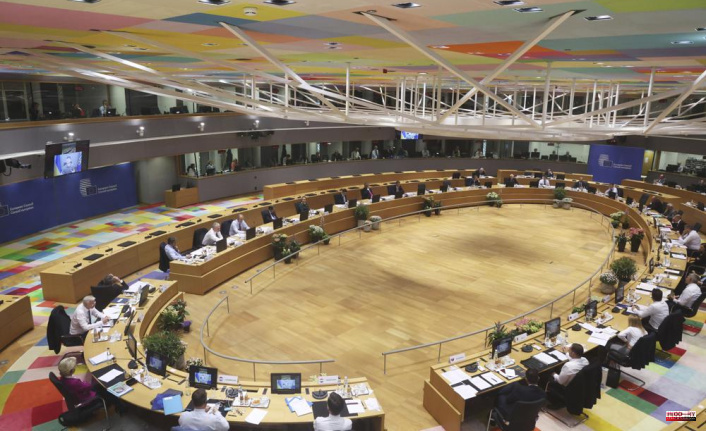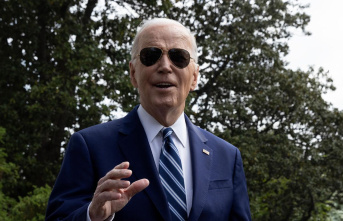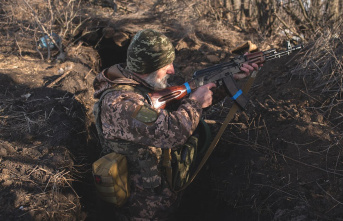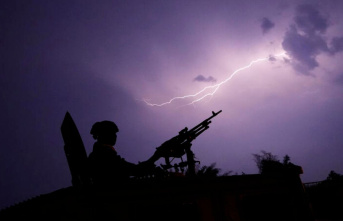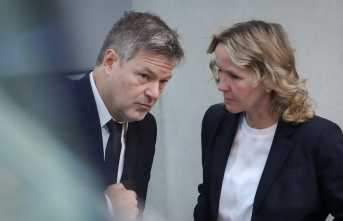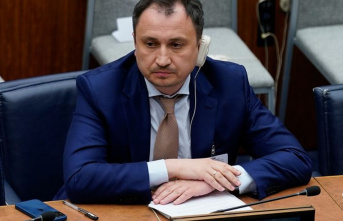Leaders of the European Union agreed Monday to block all Russian oil imports into their bloc by the end of this year as part of new sanctions against Moscow that were negotiated at a summit aimed at helping Ukraine with a long-delayed package financial support.
The embargo applies to Russian oil imported by sea. However, it allows a temporary exemption from imports by pipeline. This was crucial in order to bring landlocked Hungary aboard a decision that required agreement.
Charles Michel, President of the EU Council, stated that the agreement covers more then two-thirds (or more) of Russia's oil imports. Ursula Von der Leyen is the head of the EU executive branch and stated that the punitive action will "effectively reduce around 90% oil imports from Russia into the EU by end of this year."
Michel stated that leaders had also agreed to provide Ukraine a 9 billion euro ($9.7 billion), tranche of assistance to help support its economy. It wasn't clear whether the money would be given as loans or grants.
Mikhail Ulyanov (Russia's permanent representative at international organizations in Vienna) responded to the EU decision on Twitter. She stated: "As she correctly stated yesterday, Russia will locate other importers."
The new sanctions package will also include an asset freeze, travel ban and asset freeze on individuals. Russia's largest bank, Sberbank will be exempted from SWIFT. SWIFT is the global financial transfer system that the EU has previously banned from several smaller Russian banks. Three major Russian state-owned broadcasters won't be allowed to distribute their content in Europe.
Michel declared, "We want Russia to cease its war machine," praising what he called "remarkable accomplishment."
He said, "It's more important than ever to show that our strength, that are able be firm, and that we can be tough"
Michel stated that the new sanctions would be legalized if all 27 members countries support them.
Five rounds of sanctions had been imposed by the EU on Russia in previous rounds. It has targeted over 1,000 individuals, including Russian President Vladimir Putin, top government officials, as well as proKremlin bankers, oligarchs and the coal sector.
However, the sixth package was halted by concerns about oil supplies.
The bloc was embarrassed by the impasse and had to reduce its ambitions to end Hungary's resistance. Ursula von der Leyen, President of the European Commission, proposed the package. The initial goal was to eliminate crude oil imports within six months. Refined products would be phased out by the end the following year.
Michel and von der Leyen both said that leaders would soon return to the topic, seeking to ensure that Russia's oil pipeline exports to Europe are stopped at a later time.
Viktor Orban, the Hungarian Prime Minister, had stated that he would only support new sanctions if Russia's oil supply security was assured. Hungary imports more than 60% of its oil directly from Russia. It also depends on crude oil that is transported through the Druzhba, a Soviet-era pipeline.

